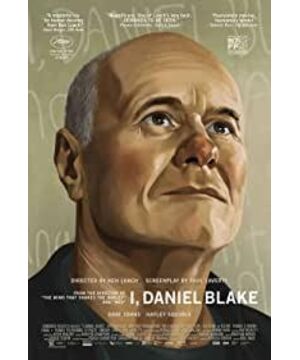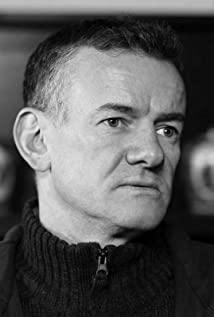Like the later work "Sorry, We Missed You", it focuses on the bottom people under the capitalist system. The seemingly perfect welfare system of capital society is too "institutionalized" and "standardized" but cannot provide corresponding social services and services. Guarantee, this society has been suppressed for too long.
Every scene is very heartbreaking, all I see is heartache and sadness, but there is nothing I can do.
Dan is an old carpenter. He doesn't know how to use a computer. When he goes to the relief center, the staff will only tell him to fill out the form online. What if he fills out the form, the staff still tells him that he does not meet the policy requirements. He had also done what was required but was fined four weeks for not meeting the standards.
Katie is a single mother with two children. Because she was not familiar with the road conditions, the staff at the relief center chose not to accept her because she was not familiar with the road conditions. In order to keep the child full, Katie said she would eat some fruit when she was hungry. Going to the food aid station was really hungry. Katie was really ashamed at the moment when she secretly ate some food in the corner and choked to attract the attention of others. Going to the supermarket to steal sanitary napkins and nursing liquid is a last resort because a penny to feed two children has to be split in half. In order to buy fruit for her child so that she would not be laughed at by her classmates at school, she chose to be a young lady, but she couldn't help but feel wronged when facing Dan. As his suicide note declared: "I, a citizen, are neither nobler nor inferior." It is not shameful to apply for relief, but the so-called system tramples people's self-esteem over and over again, obviously He is a law-abiding and tax-paying citizen, but he feels like a beggar.
Kenlodge pays attention to the people at the bottom of the capitalist society and exposes the bottom society under the capitalist system, but he still can't help but ask the film, and then what?
View more about I, Daniel Blake reviews











